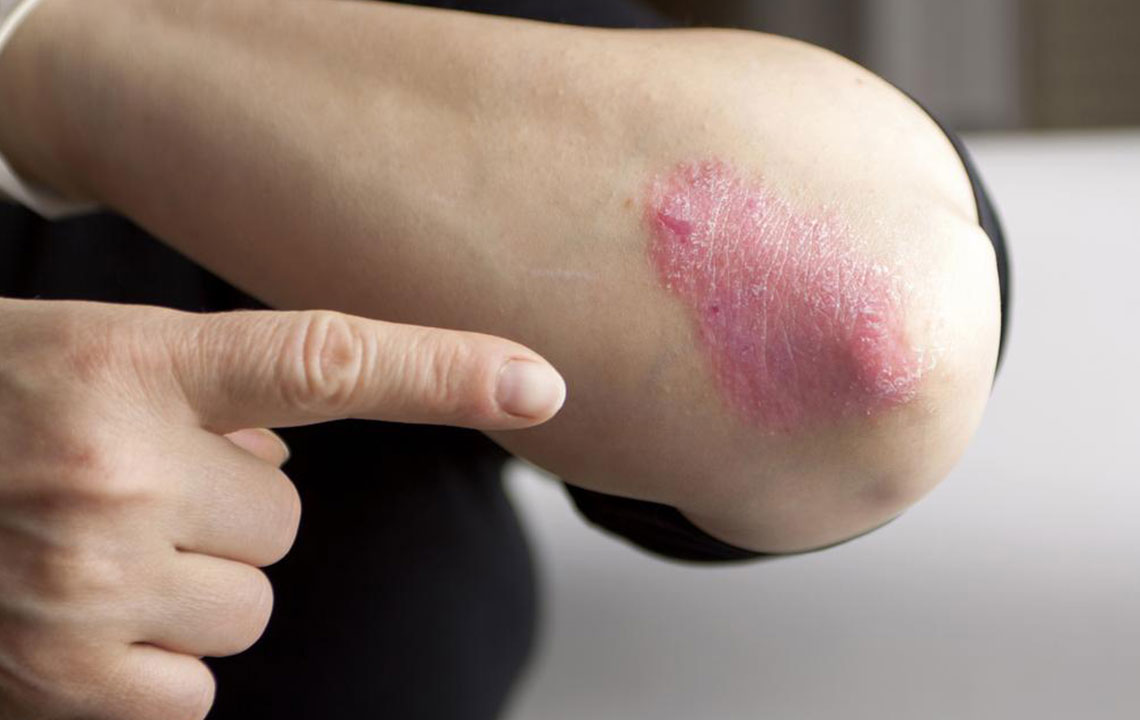Effective Strategies for Managing Plaque Psoriasis
Discover effective strategies for managing plaque psoriasis, including topical treatments, advanced medications, and lifestyle tips. Early intervention and professional guidance are essential for successful control of the condition, reducing symptoms and preventing complications. Learn about the latest therapies and how ongoing care can lead to better health outcomes for psoriasis sufferers.

Effective Strategies for Managing Plaque Psoriasis
Early intervention with targeted treatments can significantly reduce the severity of plaque psoriasis. Recognizing that prompt and appropriate remedies can lead to remission is essential. Treatment options vary depending on the intensity of the condition, from mild to severe cases. Here are some key approaches for effective management of plaque psoriasis:
Careful handling of skin scales is vital; scratching or irritating can worsen symptoms and may lead to more invasive procedures.
For mild cases, hydrocortisone-based topical steroids are commonly recommended.
Additional topical options include medications like Halog-E, flurandrenolide, desonise, triamcinolone, tar preparations, and vitamin D derivatives. Under medical supervision, UV therapy under controlled conditions can also be beneficial.
Among the latest treatments, apremilast (Otezia) is considered highly effective but is costly. This drug is formulated using advanced synthesis techniques and modern pharmaceutical processes.
Protein-based therapies, available as tablets, syrups, or injections, target affected tissues precisely and are used at intervals for optimal results.
These medications tend to act quickly by modulating inflammatory pathways and are generally considered safe and potent options for managing plaque psoriasis.
It’s important to continue ongoing medication regimes, as discontinuation can cause symptoms to worsen or relapse. Treating psoriasis on nails can be particularly challenging, and blood tests are typically not conclusive for diagnosis. Environmental and genetic factors largely influence disease onset and progression.
A variety of scalp treatments exist, tailored to disease severity, to effectively control symptoms. Regular consultation with healthcare professionals is advised for personalized management plans.










